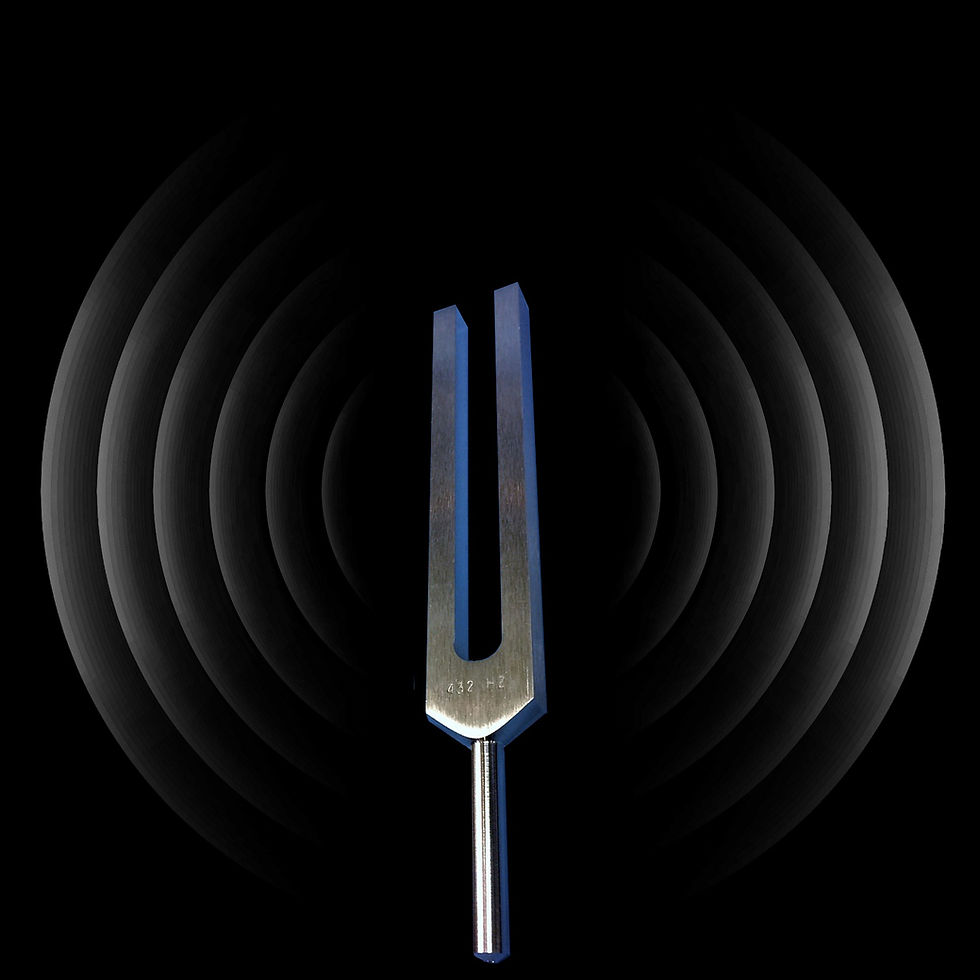Tips to balance those gut hormones
- stephiehenson250
- Sep 11, 2023
- 3 min read
Updated: Sep 13, 2023
We have over 50 hormones in our body that play a part in several regulatory processes such as growth, mood, reproduction, sexual health and metabolism.
The hormones that are linked with our gut are important for regulating our responses to food. They can cause us to eat more or less and affect the way we see food as a reward.
Our hormones exist in a delicate balancing act with each other so even slight changes to your lifestyle and diet can alter the equilibrium.

Here are a few tips to keep your hormones balanced and working in harmony:
Move your body daily and do specific exercise at least 3 to 4 times a week. Moderate exercise has shown to reduce your hunger hormone ghrelin, and increase the hormone peptide yy, which plays a role in making you feel satiated and can reduce cravings of high fat foods.

Get enough good quality sleep. Aim to be asleep by no later than 11 and aim for 7 to 9 hours of sleep a night. It is essential to have adequate deep sleep (delta sleep) - between 1.5 to 2 hours as this is when the body and brain recover and heal. Poor sleep is linked to lower leptin, a satiety hormone, and increased ghrelin, a hunger hormone. This can lead to overeating.
Try using an eye mask, ear plugs and taking herbal medicine such as valerian, hops, chamomile and passion flower.

Maintain a healthy weight as carrying extra kilos can result in resistance to leptin (satiety hormone) and result in overeating. A catch 22! Being overweight can also increase your risks of insulin resistance leading to diabetes.

Get enough protein with your meals. Many studies show that protein enhances satiety as it increases gut hormones that are related to keeping hunger at bay.
The best source of protein for satiety is fish. Eggs and beef are also good foods for keeping you satiated. However, plant proteins coming form legumes - beans, lentils and peas, contain a significant amount of fibre, which actually keeps you fuller for longer, and were shown to yield better satiating results than those from eggs, as well as veal and pork. Moreover, legumes provide you with a better package - protein, fibre, resistant starch to feed your good gut bacteria, as well as an array of vitamins, minerals and phytonutrients.

Photo by Antony Trivet
Eat more fibre! Besides being so important for your colon health, certain types of fibre (soluble fibre) feeds your good gut bacteria which in turn plays a role in the release of hormones that help to reduce appetite. Foods like beans, sweet potatoes, broccoli, apples, figs, tangerines, carrots, linseeds (a.k.a flax seed), chia seeds, nuts, oats and barley are just a few of the soluble rich fibre foods that you can eat.

Photo by Jonathan Borba
Consume small amounts of polyunsaturated fats with your meals. Fats are essential for hormone production, especially polyunsaturated fats. These fats also regulate appetite through the release of appetite hormones, as well as other mechanisms. Polyunsaturated fats are rich in walnuts, Brazil nuts linseeds, chia seeds, sunflower seeds, olives and olive oil, avocados and avocado oil, oily fish and eggs from linseed fed chickens.

Photo by Gül Işık
Avoid highly processed foods as these are generally high in sugar, fat, salt and artificial additives, which negatively impact gut health, especially when consumed on a regular basis. Studies show that people who eat such foods have an increase of LPS (bacterial toxins), TMAO, and inflammatory cytokines which can lead to chronic diseases, obesity, and type II diabetes. It has also been found that they have higher levels of certain gut bacteria, such as certain strains of Firmicutes and Proteobacteria, which in large numbers have a negative health impacts, and lower levels of beneficial bacteria, such as Bacteroidetes. It is important to understand that certain strains of Firmicutes and Proteobacteria are in fact highly beneficial, but others are not.
Having high levels of 'bad' gut bacteria and lower levels of 'good' gut bacteria can lead to gut dysbiosis, an imbalanced gut, which can negatively affect, not only your gut related hormones, but other hormones such as oestrogen, serotonin, dopamine and noradrenalin.

Find ways to reduce stress and/or work on ways to cope with unavoidable stress in your life. Stress plays a major role in causing hormonal imbalances, including your hormones that effect the gut. Stress is also related to many gut complications.
Try mindfulness, sound healing meditation, breath work, and exercise. It is worth looking deeper into ways to cope with stress.







Comments